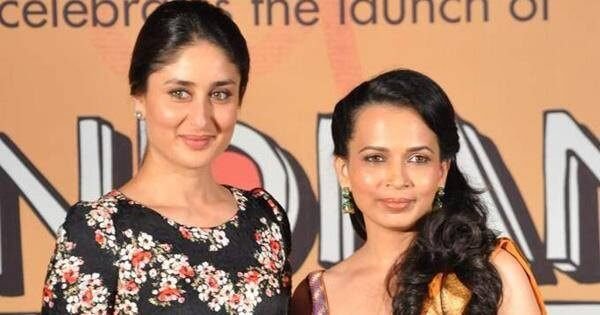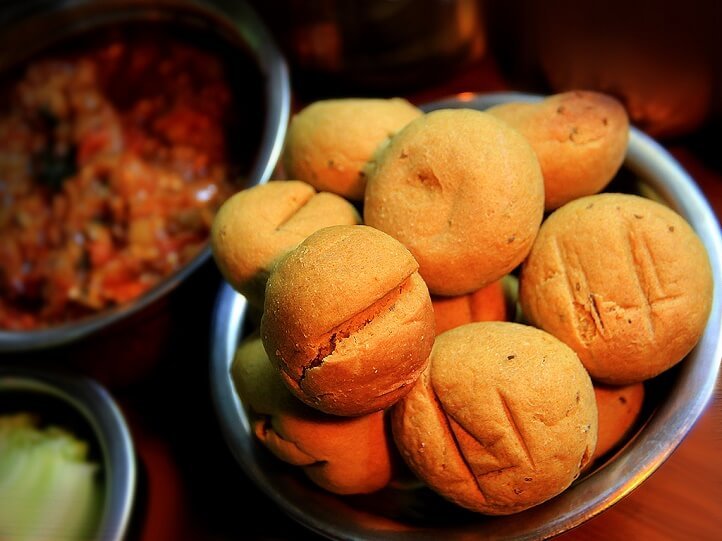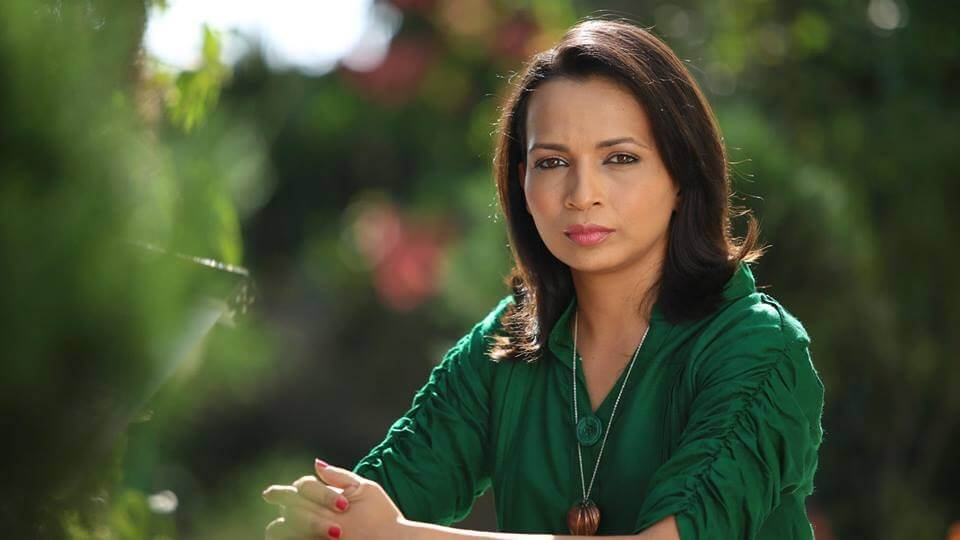Rujuta Diwekar, dietary guru to the stars, might have achieved fame by engineering Kareena Kapoor’s “size zero” transition, but nowadays she is all about embracing the wisdom of the grandmother. Her advice: eat all you want as long as you choose locally available, traditional foods.
“If you look at any traditional picture of a Bengali woman, she is a very beautiful woman who is always in great shape. And she’s in shape because she eats rice, ghee and fried fish!”, Rujuta said in an interview earlier this year.
Speaking as a Bengali woman who has grown up surrounded by other Bengali women, I will recommend for Rujuta a visit to the optician, a blood sugar monitor and a sturdy weighing scale.
“We were all slim in the 1970s”, she said.

She must be talking about Sharmila Tagore, mother-in-law of her most famous client, because my genes (and jeans) seem to have missed that memo.
Are we really pretending that our grandmothers were the picture of health? “Shugaar”, not to mention “aumbol” (indigestion) and gall bladder operations are my genetic heritage. The grandmothers, amongst others, are to be thanked for this.
I’ll admit, it makes for a good headline, though. Diwekar’s rule of thumb is – if your grandmother doesn’t recognise it, don’t eat it. But think about it for a moment: this implies general agreement amongst grandmothers. And I hate to disappoint you there.
Vegetarian grandmothers may read no further, but one of my grannies thought “modern” chicken was the dirtiest food possible, while the other one was fine with it but rejected most varieties of fish as beneath the dignity of her kitchen. And what if my husband, a Christian, invoked his grandmother’s wisdom against mine? Pass me the holy water quick, because spiced beef is now a fixture at the Christmas table.

But it is on the subject of sugar that Diwekar gets outright loopy. She suggests, in her book Indian Superfoods, that the West is “paranoid” about sugar, because it colonised India and used cane sugar for commercial benefit without understanding the “harmony” it represents. So now, karma is handing out its comeuppance. Let’s call it the grandmother of all conspiracy theories.
Equally perplexing is the advice to drink a glass of cashew milk at night, and “you will never have more fun sleeping alone”. Er, what? I’m confused — isn’t that what alcohol is for? However, I think she has finally struck upon the point to unite all grannies (though not in her favour), because the amount of fun women should be permitted to have while sleeping alone surely must be more carefully regulated.
And then, of course, is ghee. How many times have you heard that ghee is “shudh”, so it can’t possibly be bad for you? True, fat has been vindicated largely of late, no longer is it seen as the weight loss or cardiac demon it once was. But her advice is to dunk that dal bati churma in it, deep fry in it, and then guzzle it by the spoonful. As pleasant as it all sounds, I would like to point out that for those Indians rich enough to consume ghee in such salubrious quantities, the hips generally have not been known to lie, if you know what I mean.

Eat as much white rice as you want, she says, because “rice is nice”. (No really, that is what she says.) Trust your tongue and stomach to guide you; portion control is for suckers. Hah! That’s exactly what I have been practicing for the past 20 years. Spoiler alert: it doesn’t work.
Clearly her advice is not meant for the likes of me at all, but for emaciated Bollywood types on an all-quinoa diet and hitting the gym for at least a couple of hours in the day. Diwekar’s time in Bollywood seems to have skewed her version of reality: she now expects a baseline level of starvation from everyone.
When it comes down to it, Indian Superfoods doesn’t contain meal plans, so if there is something I am missing, I will never find out, because I can’t afford the Rs 5,00,000 fee Diwekar charges for six-months of weekly consultations.

But from what I can see, her past weight-loss menus have been virtually identical to the wisdom, not of grandmothers, but of every other dietician you might meet: egg white omelette for breakfast with toast; one chapatti and dal and sabzi for lunch; curd and soy milk for snack; chicken breast for dinner. There’s no ghee or rice for days on end, if at all.
I can hear grandmothers everywhere recoiling in horror, protesting that a good woman needs some fat on her bones, and there is no point living at all if that’s what mealtimes look like.
Now, pass me the Digene, please. And get that weighing scale away from me.

















